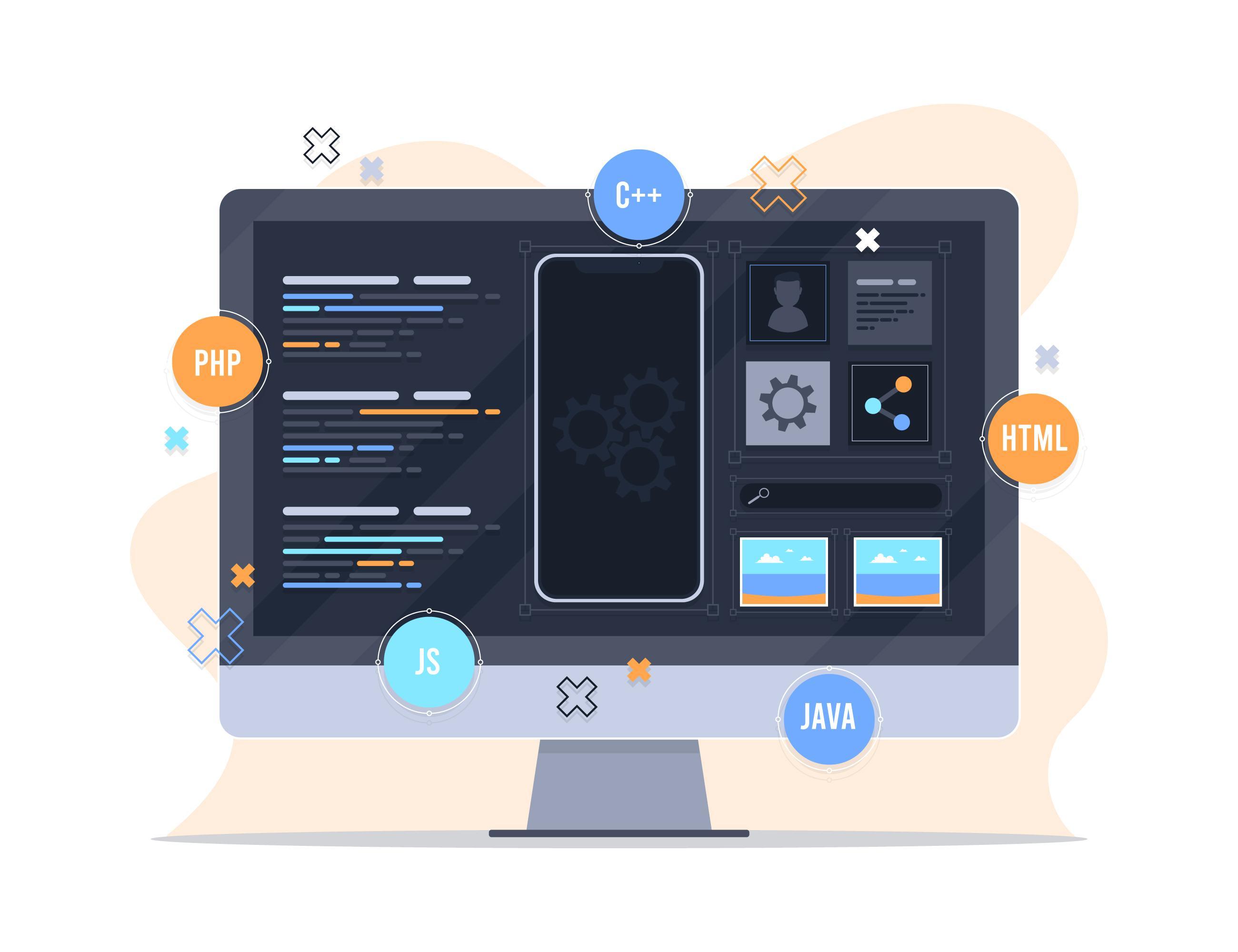ERP System: Why Your Business Needs It for Operational Efficiency
Today, businesses face significant challenges in managing their operations efficiently and effectively. This is where the Enterprise Resource Planning (ERP) system plays a crucial role in enhancing business operations. In this article, we will explore how an ERP system can improve company performance by integrating various business functions such as sales, inventory, and finance into one unified system.
1. What is an ERP System?
An ERP system is an integrated solution that brings together all aspects of business operations into one platform. This includes sales management, marketing, inventory management, finance, human resources, and manufacturing. By providing a centralized database, an ERP system facilitates the flow of information between different departments, boosting operational efficiency.
2. Benefits of ERP System
A. Improving Efficiency
- Automation of Processes: ERP automates many operations such as data entry and inventory management, reducing time spent on manual tasks and increasing productivity.
- Information Flow: With a centralized database, employees can quickly and easily access information, which aids in making data-driven decisions.
B. Increased Visibility and Transparency
- Performance Tracking: ERP provides analytical tools that help track and measure performance. Businesses can monitor sales, inventory, and finance in real-time, providing valuable insights to improve performance.
- Accurate Forecasting: By analyzing historical data, ERP can help companies forecast demand and optimize storage strategies.
C. Improved Interdepartmental Collaboration
- Seamless Communication: By integrating all functions into one system, ERP enhances communication between teams. Employees in sales, inventory, and finance can work together more effectively to achieve common goals.
- Information Sharing: ERP simplifies information sharing between departments, reducing errors caused by manual data entry and improving data accuracy.
D. Cost Reduction
- Efficient Inventory Management: ERP helps optimize inventory management, reducing costs associated with overstocking or stockouts.
- Reduction of Redundancy: By consolidating data into one system, businesses can reduce the need for multiple systems, lowering operational costs.
3. How Does an ERP System Work?
A. Integration
- Data Consolidation: ERP integrates all business-related data into one database, making it easier to access and manage.
B. Flexibility and Adaptability
- System Customization: ERP systems can be tailored to meet specific business needs. Companies can choose the modules they require, such as finance, sales, and human resources, to fit their unique needs.
C. Regular Updates
- Maintenance and Upgrades: ERP providers offer regular updates to ensure the system’s security and functionality. This means businesses benefit from the latest technologies and features.
4. Challenges of Implementing an ERP System
A. Implementation Cost
- Initial Investment: The cost of implementing an ERP system can be high, but the long-term benefits can outweigh the initial expenses.
B. Cultural Shift
- Digital Transformation: Employees may struggle to adapt to the new system. Providing proper training and support is crucial for a smooth transition.
5. Conclusion
Enterprise Resource Planning (ERP) systems are powerful tools for improving operational efficiency within businesses. By integrating all business functions into one system, companies can enhance productivity, reduce costs, and increase transparency. Despite the challenges associated with implementation, the potential benefits make it a worthwhile investment. If you are looking to boost the efficiency of your business operations, an ERP system is the solution you need for sustainable success.
